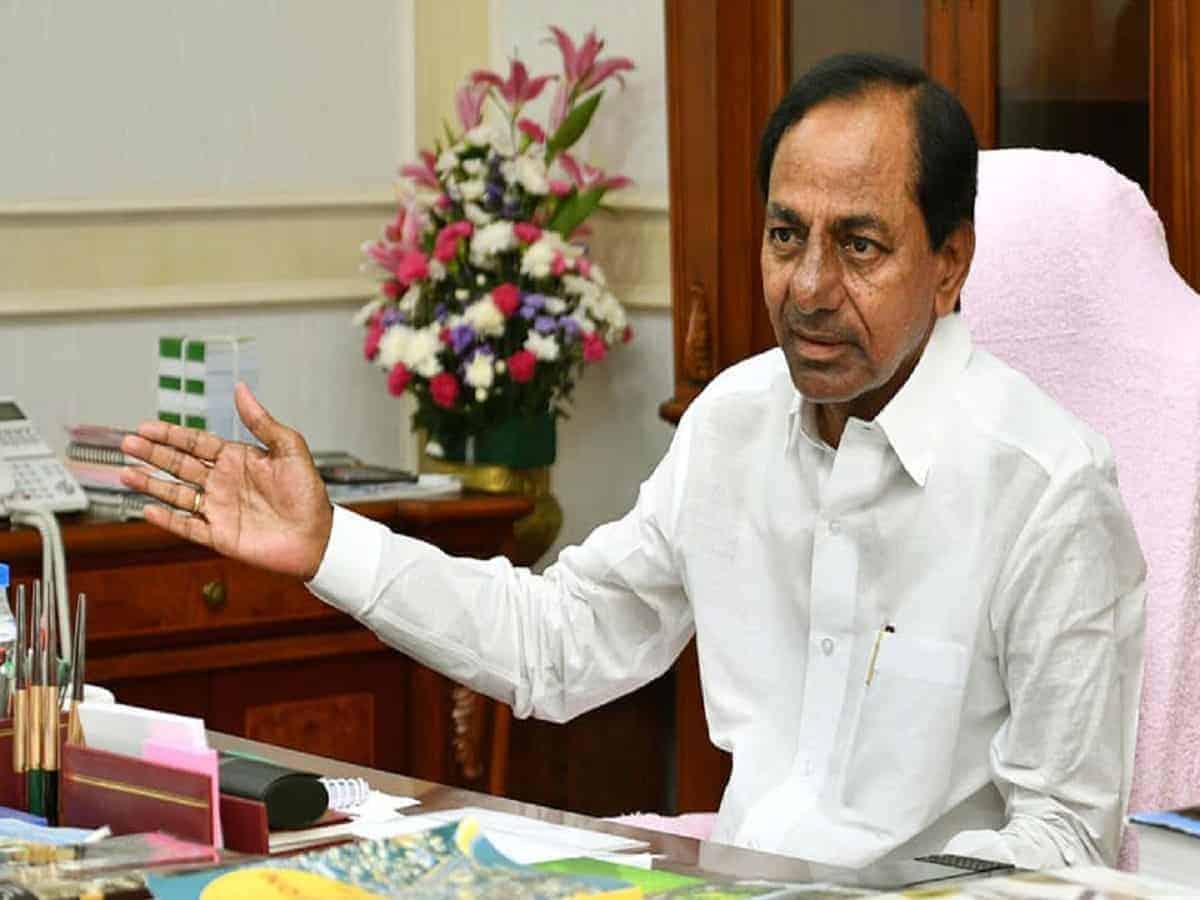Hyderabad: Despite Telangana Chief Minister K Chandrasekhar Rao taking a stand against the Citizenship Amendment Act (CAA), groups protesting against the legislation are unhappy with the state government for suppressing peaceful protests, especially in Hyderabad.
The city has been witnessing flash protests, mostly during night time, as the police are not allowing any group to stage a sit-in or take out rallies. Police are even filing cases against the protesters, prompting them to question the contradiction between what KCR is saying and what his government is doing on the ground.
The denial of permission to several groups including women and students to stage protests has angered them and they are now cautioning the Telangana Rashtra Samithi (TRS) government that they can’t be silenced for long.
What is upsetting the organizations is that Hyderabad is lagging in protests against the “discriminatory legislation” compared to other Indian cities including cities in BJP-ruled states.
The curbs on anti-CAA protests have angered several socio-political, religious, groups, voluntary and student organizations and activists.
“If there are not many protest programs like Shaheen Bagh in Hyderabad, it will be a blot on the city,” Jamaat-e-Islami’s Telangana unit chief Hamed Mohammed Khan told a protest meeting last week.
He said that though Telangana police call itself ‘people-friendly’ police, its attitude was not at all friendly.
“We are appealing to the friendly police to cooperate with people in peaceful protests, allow them to vent out their feelings and resist the excesses being committed on them,” he said.
“When the protests are being held across India, this attitude of Hyderabad police is condemnable,” social activist Khaleda Parveen told IANS.
She believes that the Chief Minister’s statement on CAA could be a mere eyewash as he did not say anything on the NRC and the NPR.
Khaleda Praveen, who led a flash protest at various places and was also booked by the police, alleged that police action against the protestors is brutal.
“The Hyderabad police make tall claims of providing security to women by forming She teams but the same police force is adopting shameful tactics. The women police are pinching private parts of women protestors while detaining them,” she alleged.
Even All India Majlis-e-Ittehadul Muslimeen (AIMIM), a dominant political force in the city and a friendly party of TRS, seems to be helpless. The party was not allowed to organize ‘Tiranga rally’ in the city and was forced to shift the venue to the outskirts.
The United Muslim Action Committee, of which the AIMIM is also a part, was denied permission to organize its protest meet and poetry program at historic Charminar on the night of January 25.
Though it agreed to an alternate venue proposed by the police, the High Court, acting on a petition, imposed various restrictions and the program had to be winded up by 9.15 pm while it was scheduled to continue till midnight.
AIMIM chief and Hyderabad MP Asaduddin Owaisi, who is visiting other parts of the country to address protest meetings, said their next program of forming a human chain from Bapu Ghat to Mohammedi Lines, would depend on the police permission.
Hyderabad has so far witnessed three major peaceful protests. Lakhs of people attended Million March, organized by the Joint Action Committee (JAC), comprising the various groups. The police, however, booked 25 cases against the organizers for violating the conditions.
The second huge protest was ‘Tiranga Rally’ of AIMIM which was also attended by lakhs of people. Earlier, a massive protest meeting was held at AIMIM headquarters Darussalam.
Bhim Army chief Chandrashekhar Azad was detained and forcibly sent back to Delhi ahead of a protest meeting on January 26. The leader alleged that the “dictatorship in Telangana is at its peak”.
Earlier, former Jawaharlal Nehru University (JNU) students union leader Kanhaiya Kumar was also not allowed to address a protest meeting.
In the latest instance, the JAC against CAA, NRC and NPR, comprising various groups, was not given permission for a 48-hour sit-in by women.
JAC convenor Mushtaq Malik said the police refused to give permission for the protest at Darul Shifa Grounds in the old city and suggested that they move it to Mir Alam Eidgah on the outskirts. When they agreed, police officials went back on their word, he alleged.
He warned that if the police become more repressive, the movement will become bigger and stronger.

